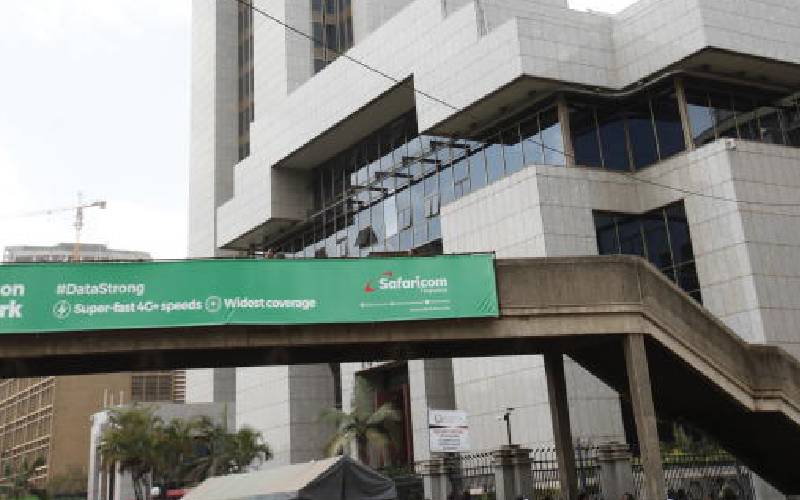×
The Standard e-Paper
Join Thousands Daily

The Kenya Revenue Authority’s (KRA) leadership deserves commendation for growing tax revenues at a rate that is faster than that of the country’s Gross Domestic Product (GDP).